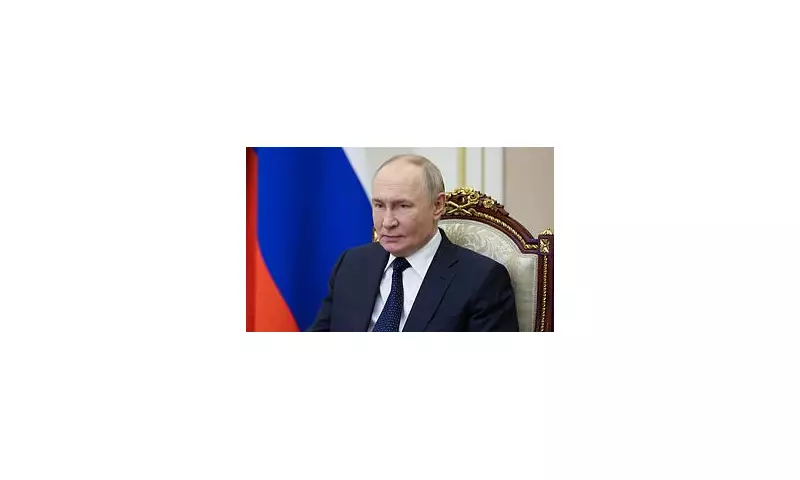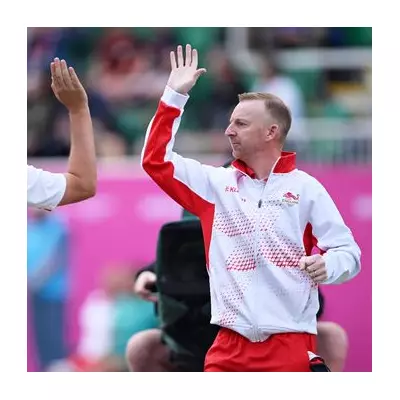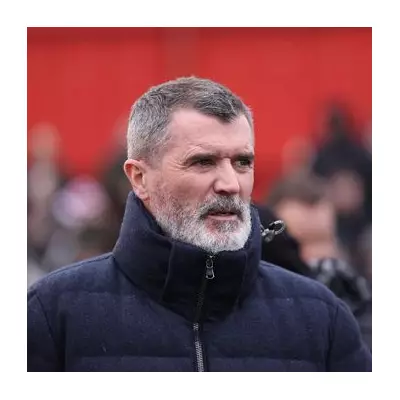
In a stunning development that's sent shockwaves through European football, Russia has formally submitted a bid to host the 2032 European Championship, despite remaining banned from international competition following the invasion of Ukraine.
The Italian Stadium Crisis
Russia's audacious move comes amid growing concerns that Italy, the original frontrunner for Euro 2032, is struggling to meet UEFA's strict stadium requirements. Multiple Italian venues require significant redevelopment or complete rebuilding, with funding and bureaucratic hurdles causing major delays.
The situation has become so dire that UEFA officials are reportedly losing confidence in Italy's ability to deliver tournament-ready facilities. This vulnerability has created an unexpected opening that Russian football authorities are now attempting to exploit.
A Controversial Gambit
Russia's bid represents one of the most controversial moves in modern football history. The nation remains suspended from all FIFA and UEFA competitions, with Russian clubs banned from European tournaments and the national team excluded from qualifying competitions.
Yet despite these sanctions, the Russian Football Union has proceeded with its hosting application, arguing that football should remain separate from politics.
What This Means for European Football
- Potential geopolitical crisis within UEFA voting structures
- Serious questions about Italy's infrastructure capabilities
- Debate about whether sporting sanctions should affect hosting rights
- Possible division among European football associations
The Road Ahead
UEFA now faces an unprecedented dilemma. While Italy remains the preferred choice, their stadium issues are genuine and concerning. Meanwhile, accepting Russia's bid would provoke international outrage and potentially split the European football community.
The decision process is expected to be intensely political, with behind-the-scenes lobbying likely to determine the eventual outcome. Many observers believe Turkey, which has also expressed interest, could emerge as a compromise candidate if both initial options prove problematic.
With the bidding process entering its crucial phase, European football finds itself at a crossroads, balancing sporting integrity against political realities and infrastructure capabilities.





